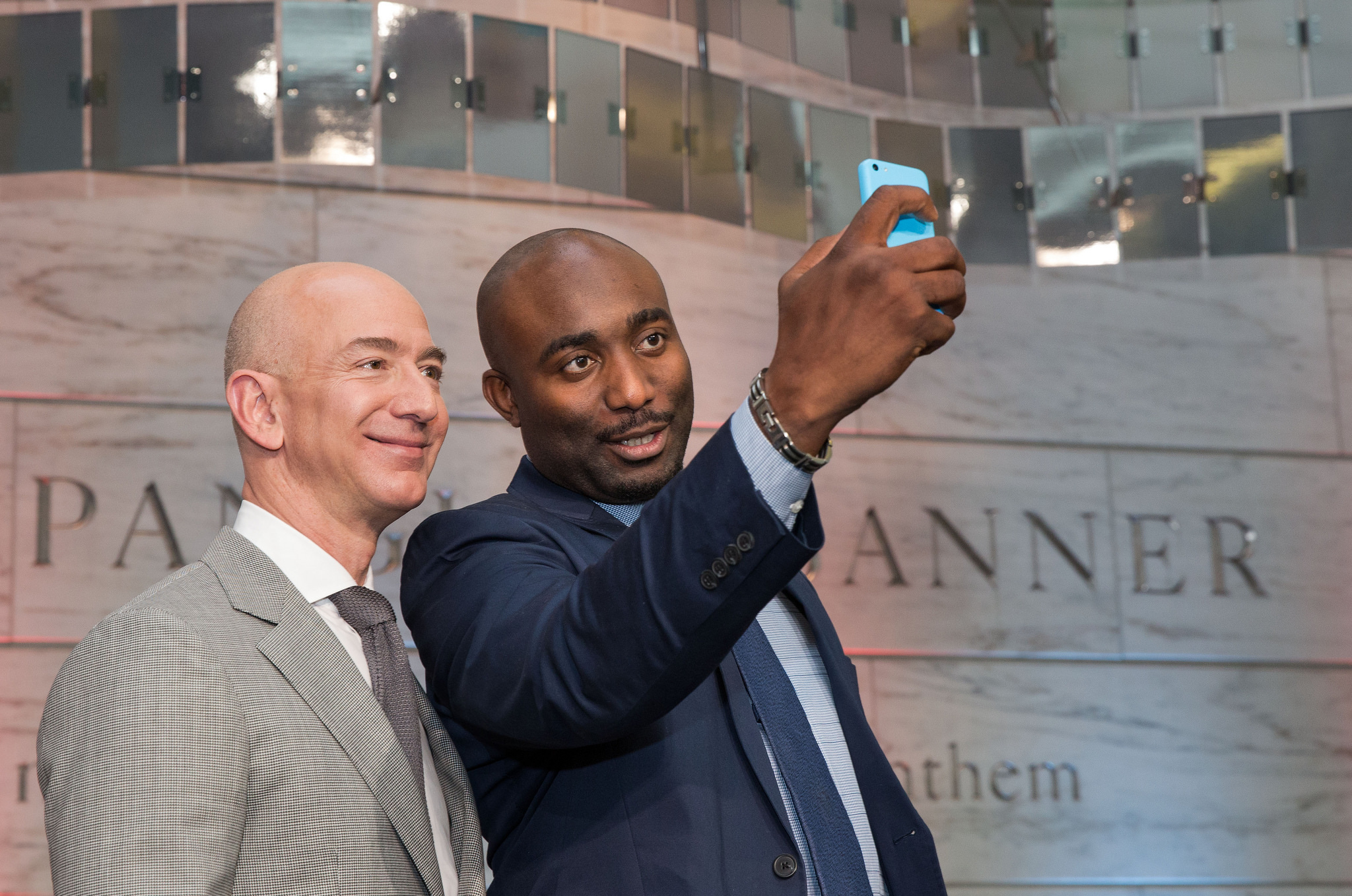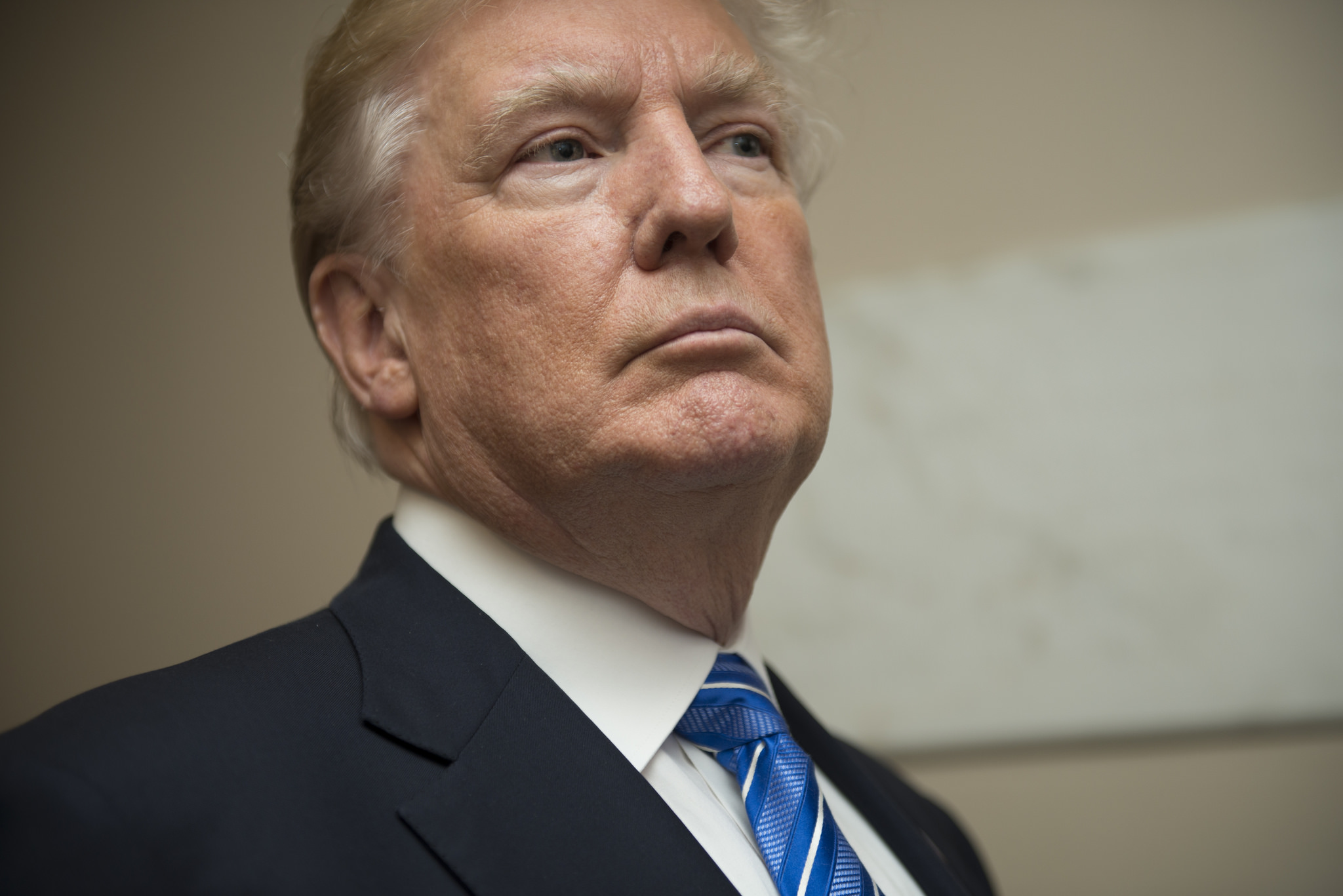A Virginia Commonwealth University (VCU) poll shows narrowing public support for Virginia’s hefty incentive package to capture half of Amazon’s “HQ2” deal for Crystal City in Northern Virginia, the other half going to New York City.
The 805 respondents polled by the L. Douglas Wilder School of Government and Public Affairs between December 3-13 were asked the question:
“Based on what you’ve read or heard, which of the following statements do you most agree with, even if neither is exactly right: a) Bringing Amazon headquarters to Virginia will create more benefit than the investment costs; b) Virginia is investing too much to bring Amazon headquarters to Virginia.”
The results show that 49 percent of Virginians support the deal with Amazon, while 41 percent claim the state is paying too much for the economic development project.
Within four separate age brackets, support and opposing views for the Amazon are as follows:
Aged 18-34: 52 percent believe “more benefits than costs,” 39 percent believe “Virginia investing too much,” and nine percent did not respond.
Aged 35-44: 53 percent believe “more benefits than costs,” 43 percent believe “Virginia investing too much,” and four percent did not respond.
Aged 45-64: 51 percent believe “more benefits than costs,” 39 percent believe “Virginia investing too much,” and 10 percent did not respond.
Aged 65 and over: 37 percent believe “more benefits than costs,” 47 percent believe “Virginia investing too much,” and 16 percent did not respond.
Interestingly, individuals making under $50,000 per year and over $100,00 per year are more than likely to support the deal than those with incomes between $50,001 and $99,999.
Within three separate income brackets, support and opposing views for the Amazon are:
Under $50,000: 54 percent believe “more benefits than costs,” 39 percent believe “Virginia investing too much,” and seven percent did not respond.
$50,000 to under $100,000: 41 percent believe “more benefits than costs,” 47 percent believe “Virginia investing too much,” and 12 percent did not respond.
Over $100,000: 62 percent believe “more benefits than costs,” 35 percent believe “Virginia investing too much,” and three percent did not respond.
Support for the incentive package was greatest in the south central region, including the Richmond metropolitan area, and Tidewater. It was narrowest in Northern Virginia and the northwestern part of the state, including where the $2.5 billion project is planned.
Northwest: 47 percent believe “more benefits than costs,” 36 percent believe “Virginia investing too much,” and 17 percent did not respond.
Northern: 47 percent believe “more benefits than costs,” 45 percent believe “Virginia investing too much,” and nine percent did not respond.
Western: 45 percent believe “more benefits than costs,” 44 percent believe “Virginia investing too much,” and 11 percent did not respond.
South Central: 57 percent believe “more benefits than costs,” 34 percent believe “Virginia investing too much,” and 10 percent did not respond.
Tidewater: 50 percent believe “more benefits than costs,” 41 percent believe “Virginia investing too much,” and nine percent did not respond.
Support for the incentive package was much stronger among whites, with 52 percent favoring the deal and 40 percent against it. With minorities, 47 percent were in favor and 43 percent were opposed.
Among women, 51 percent backed the deal and 39 percent were opposed. Men supported it by a much narrower margin, with 47 percent in favor and 43 percent against.
Also, Democrats and Republicans supported the deal almost equally, at 50 and 48 percent respectively, but Independents opposed it by a margin of 52 to 43 percent.
Announced in November, the Memorandum of Understanding (MOU) between the Commonwealth and Amazon includes more than $1 billion in state incentives through 2038. The agreement provides that the state government is to pay Amazon a direct $22,000 per year kickback for every job it creates that pays more than $150,000 per year starting in 2019, and must escalate by 1.5 percent, annually.
This is in addition to a state commitment of nearly $300 million for transportation projects among other things as the General Assembly will authorize the deal during the 45-day session in Richmond.
According to a state fiscal impact study, there will be an increase of more than $260 million in annual state general fund revenues once 25,000 jobs have been created by year 12, with at least $3.8 billion cumulative by year 20. Within two decades, the cumulative increase will hit nearly $3.3 billion in state general fund revenues for the 25,000 new jobs, after subtracting post-performance company incentive payments.
After accounting for all “potential related state expenditures,” including company incentives, higher education investments, and K-12 expenditures associated with increased school enrollments, there will be a $1.2 billion increase in the state’s general fund within 20 years, if all 25,000 jobs are created. Furthermore, there is a projected increase of more than $430 million in state non-general-fund, transportation-dedicated revenues, excluding the 0.7 percent regional sales tax for Northern Virginia, the fiscal impact statement reveals.
The deal made between Virginia’s Economic Development Partnership Authority and Amazon is said to have a “more than 6-to-1 return on state incentives over 20-year life of performance agreement.”
Regardless, the new poll’s results were significantly less favorable for the project than a poll released early last month by the Wason Center for Public Policy at Christopher Newport University. That results showed that 68 percent of respondents supported the Amazon deal and 30 percent were opposed, with approval in all regions of the state.






